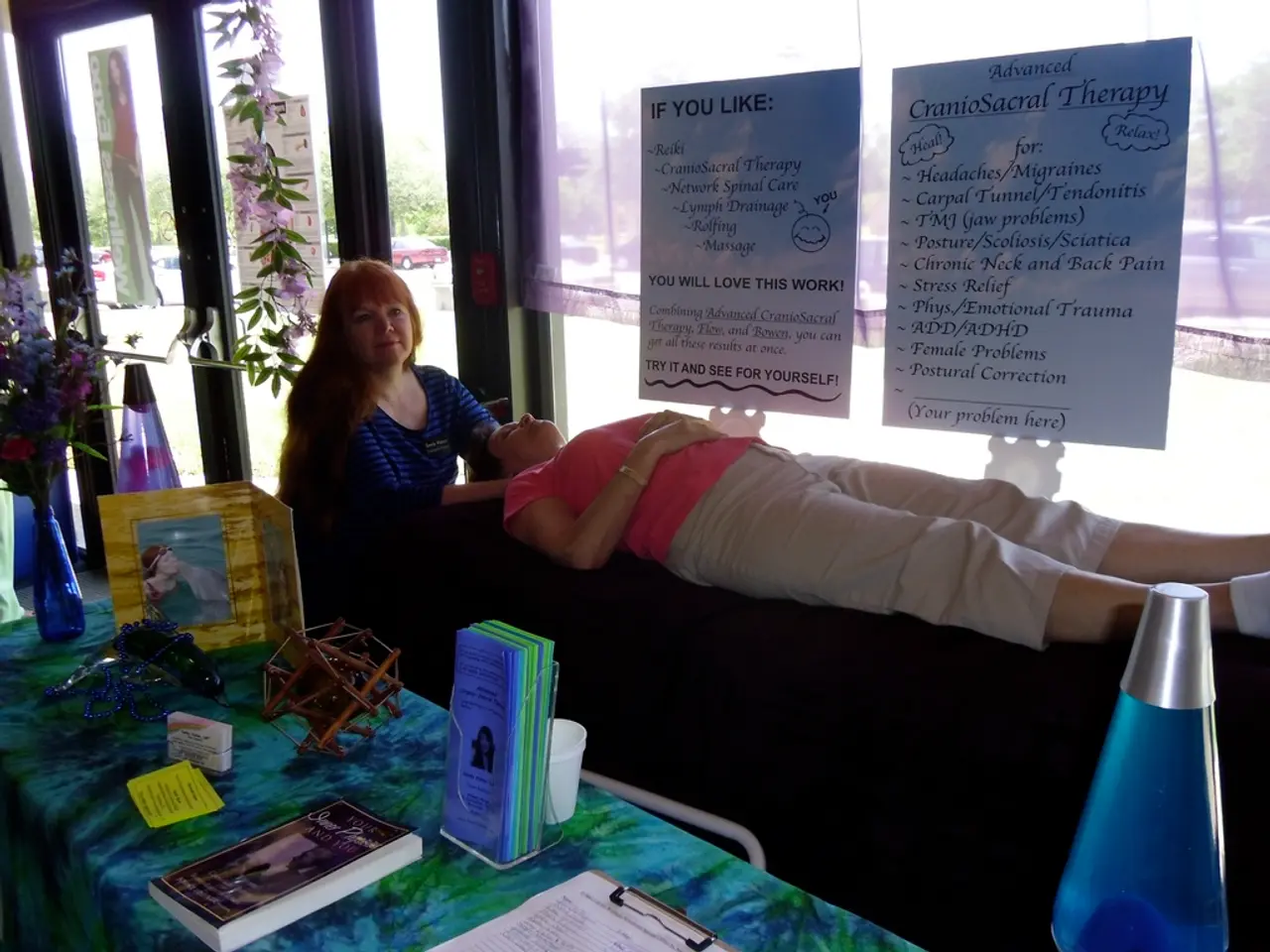Quick Mental Health Strategies: 5 Effective Shortcuts That Provide Real Benefits
In a world grappling with a mental health pandemic, caused by unresolved trauma from natural disasters, social injustice, economic instability, and personal loss, understanding and nurturing mental health has become more important than ever. The World Health Organization (WHO) defines mental health as a state of well-being that allows individuals to cope with daily stress, work productively, connect with others, and contribute to their community.
Mental illness, on the other hand, refers to conditions that significantly impair cognitive functioning, emotional responses, and behavior, such as anxiety, depression, or PTSD. To combat these challenges, adopting intentional positive habits that promote mental well-being is crucial.
The Human Impact Theory Podcast, a platform dedicated to discussions about mental health, shares valuable insights and mental hacks to improve mental health and well-being. Dr. Rowshanak Hashemiyoon, a neuroscientist, was recently interviewed on the podcast to discuss mental health, trauma, stress, and mental health action plans.
One of the key takeaways from the podcast is the importance of emotional regulation. Regular practice of emotional regulation can lower anxiety and overwhelm, reduce reactivity, improve relationships, support brain health, and aid in recovery from stress. Practicing mindful breathing for just 60 seconds can reset the nervous system and support emotional regulation.
Trauma can manifest in various ways, such as feelings of being on edge or overwhelmed for no clear reason, emotional numbness or detachment from others, small stressors triggering big reactions, difficulty trusting others or oneself, and feeling stuck in survival mode. Therapy, support groups, or trauma-informed coaches can offer tools for navigating and releasing pain. The first step in healing trauma is acknowledging feelings and patterns without judgement.
The brain remembers what feels good, so pairing mental health practices with something enjoyable can help build consistency. Grounding techniques like breathwork, movement, or touching something textured can bring individuals back to the present moment. A short walk, stretch, or dance session can boost mood and reduce cortisol.
In addition, a program called the 7-day mental health challenge is available for free on the website, designed to help individuals improve their mental health. The challenge encourages participants to adopt daily habits that promote mental well-being, such as mindfulness, exercise, and social connection.
Mental health is not just about avoiding illness; it is about cultivating a positive state of well-being. By adopting proactive daily habits, individuals can enhance their emotional well-being, resilience, and ability to enjoy life and cope with challenges. The journey towards mental health improvement is a personal one, requiring patience, self-compassion, and a commitment to self-care.
- In a global community dealing with a mental health pandemic, fostering and cultivating mental health has become imperative.
- Caring for mental health encompasses individuals' capacities to manage daily stress, work effectively, bond with others, and contribute positively to their community.
- Mental health issues, such as anxiety, depression, or PTSD, strain cognitive functioning, emotional responses, and behavior.
- Adopting intentional positive habits to promote mental wellness is key to combating these challenges.
- Empathy, compassion, and kindness towards oneself and others are essential in nurturing mental health and well-being.
- The Human Impact Theory Podcast offers discussions and mental health hacks to improve mental health and wellness.
- Mindfulness, fitness, exercise, education, and self-development are crucial aspects of personal growth that contribute to mental health and happiness.
- Therapy, support groups, or trauma-informed coaches can provide essential tools for individuals navigating mental health-related pain and challenges.
- Acknowledging one's feelings and patterns without judgement is the first step in healing traumatic experiences.
- A 7-day mental health challenge, available online, encourages participants to develop habits that support emotional well-being, such as mindfulness, exercise, and social connection.




